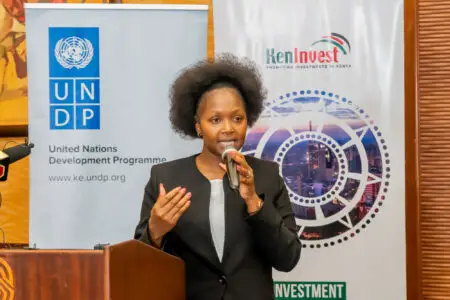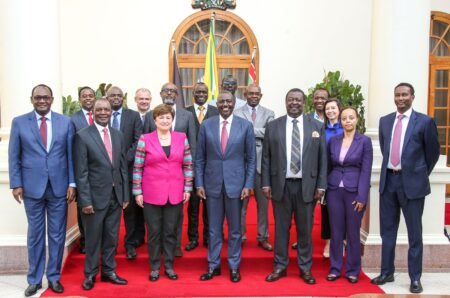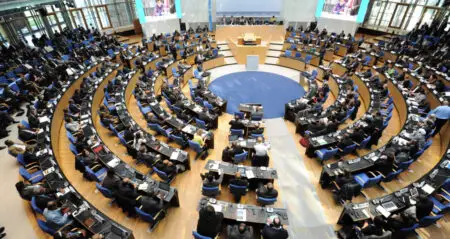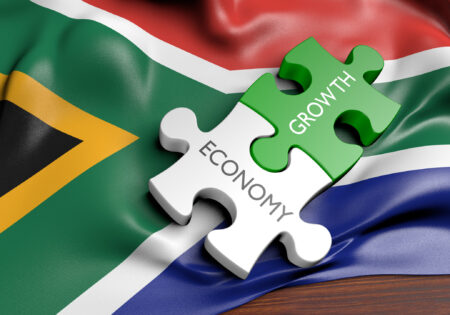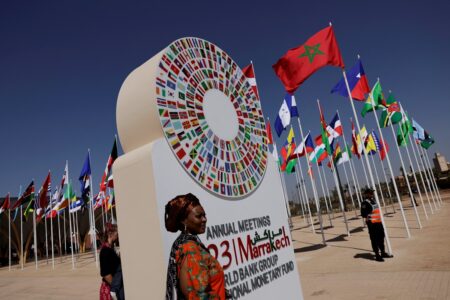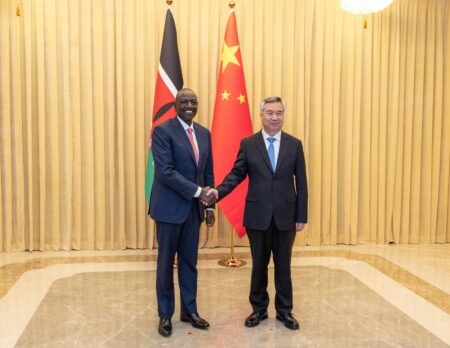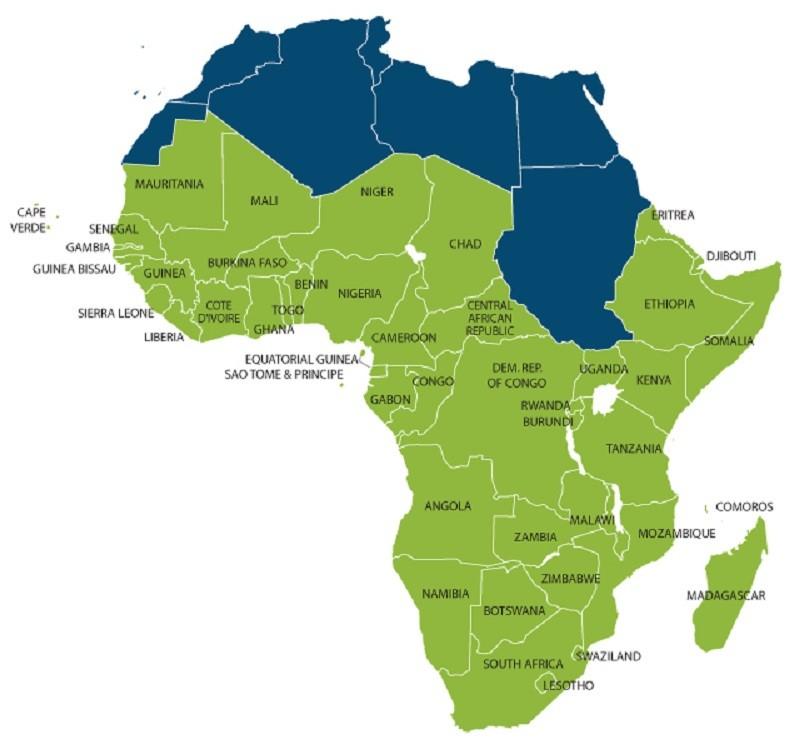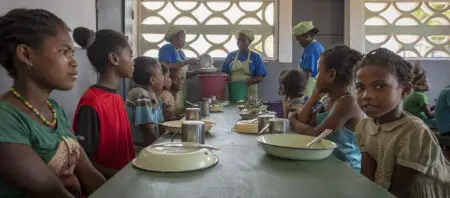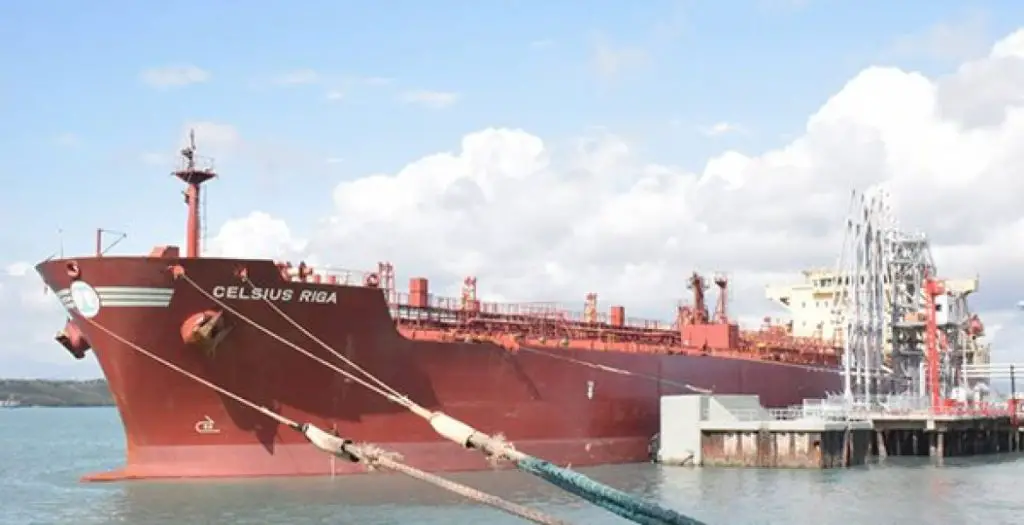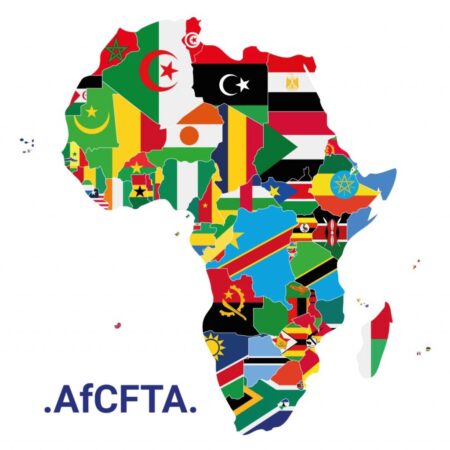- How transition finance can catalyse Africa’s green industrial revolution
- Stanbic PMI Report: Mixed performance as Kenya’s agriculture, construction offset manufacturing decline
- Uganda’s land management gets a tech makeover to boost transparency
- Nigeria’s output dips fastest in 19 months on a sharp rise in costs
- Apple faces growing backlash over Congo exploitation
- Why East Africa is staring at higher wheat prices in 2025
- Nairobi Gate SEZ pumps $7 million into Kenya’s agro-processing industry
- What impact will the US election have on Africa?
Browsing: World Bank
- Kenya seeks to attract $10 billion in Foreign Direct Investments (FDI) in the next four years despite dwindling inflows over the past years.
- The Kenya Investment Authority has partnered with UNDP and the World Bank to develop and implement an Investment Facilitation Framework and FDI Attraction Strategy.
- The framework is aimed at creating a transparent, predictable, efficient and trusted mechanism for effective investment facilitation.
Kenya aims to attract $10 billion in Foreign Direct Investments (FDI) in the next four years despite experiencing declining investment inflows in recent years. The East African country, in collaboration with the Kenya Investment Authority, has partnered with the United Nations Development Programme (UNDP) and the World Bank to formulate and implement an Investment Facilitation Framework and FDI Attraction Strategy.
Rebecca Miano, the Cabinet Secretary (CS) for the Ministry of Investments, Trade, and Industry (MITI) in Kenya, stated that the framework seeks to establish a transparent, …
The International Monetary Fund (IMF) has committed an additional $938 million to Kenya as part of a strategy to stabilise the country’s economy.…
Global climate negotiators have reached a framework for climate financing to deal with loss and damage in the run-up to the COP28 in Dubai.…
[elementor-template id="94265"]
South Africa is set to topple Nigeria and Egypt as Africa's biggest economy in 2024. This is according to forecasts from the International Monetary Fund. According to IMF's World Economic Outlook, South Africa's gross domestic product will reach $401 billion per current price in 2024. On the other hand, Nigeria's GDP will reach $395 billion, with Egypt's GDP reaching $358 billion.
South Africa, the continent's most industrialised nation, is expected to maintain the top spot as Africa's biggest economy for only one year. In 2025, the country will again lag behind Nigeria and fall to third place behind Egypt a year later. This is according to the IMF's World Economic Outlook, a report released last week.…
[elementor-template id="94265"]
Climate finance by Multilateral Development Banks (MDBs) for low-income and middle-income economies hit a new record of $60.7 billion in 2022. The amount was 46 per cent higher than the 2019 levels, a new joint report by the lenders shows.
In terms of usage, $38.0 billion, or 63 per cent, went into projects helping mitigate the rising threat of climate change. Another $22.7 billion, or 37 per cent, went into supporting climate change adaptation initiatives. Overall, the portfolio of private finance mobilised in the period stood at $16.9 billion, the report said.…
- President William Ruto who is attending the third Belt and Road Forum in Beijing is urging Chinese investors to target energy, water and housing sectors in Kenya.
- He said Kenya will support investors who will add value to the country’s abundant raw materials.
- The President witnessed the signing of a Memorandum of Understanding between the Ministry of Energy and Petroleum and Energy China.
Kenya is seeking more investments from China amid a slow return to borrowing for development, which could see the East Asian country continue with its dominance in Kenya’s infrastructure space.
President William Ruto, who is attending the third Belt and Road Forum in Beijing, has urged Chinese investors to exploit opportunities in the fields of energy, water and housing in Kenya. He said Kenya will support investors who will add value to the country’s abundant raw materials.
“Kenya presents real opportunities for investment especially in transformative areas …
The latest Africa’s Pulse report by the World Bank presents a somber economic outlook for Sub-Saharan Africa. Escalating instability, lackluster growth within the region’s major economies, and persistent global economic uncertainties collectively overshadow the region’s economic resurgence prospects.
In its comprehensive analysis, the World Bank anticipates a slowdown in economic growth across Sub-Saharan Africa, with a projected rate of 2.5 per cent for 2023, compared to the 3.6 per cent recorded in 2022. This assessment underscores the multifaceted challenges currently facing the region’s economic landscape.…
- ECOWAS member states fed 22.4 million school-going children in 2022, up from 20 million learners in 2020.
- This represents 42% of the 53 million school children in Sub-Saharan Africa who were fed through school feeding programs last year.
- School feeding intervention, as it happens in Rwanda, can immensely boost agriculture, education, health and nutrition, and social protection sectors.
The past two years have seen West African countries grapple with a number of crises driven by conflict, climate shocks, and a slow recovery from COVID-19 economic fallout worsened by the ongoing Russia-Ukraine war.
The Economic Community of West African States (ECOWAS) member States are, however, defying these tough economic times, emerging as having fed the largest number of school-aged children in Africa.
According to The 2022 State of School Feeding Worldwide report, Ecowas member states fed 22.4 million school-going children in 2022. This was an increase from 20 million children fed
Nairobi will continue purchasing fuel on credit from three state-owned Gulf oil marketers until December 2024 in a plan the government is banking on to ease piling pressure on Kenya’s forex reserves.
The move comes in the wake of high expenditure on oil imports even as Kenya remains a net importer grappling with a widening trade deficit that hit $10.8 billion last year. Last year, Kenya’s expenditure on imports rose by 17.5 per cent to $16.9 billion (KSh2.5 trillion), despite growing export volumes.…
The African Continental Free Trade Area (AfCFTA) is now widely touted as the African Union’s (AU) most audacious project. The framework ties together the most significant number of member countries of any trade agreement since the World Trade Organisation (WTO) in 1995.
The AfCFTA had become topical even before its formal launch. Members of the business community eagerly awaited the full implementation of the AfCFTA. But two years since its formal launch, how far has the AfCFTA ushered in the ‘new era’ of African integration it promised?…





